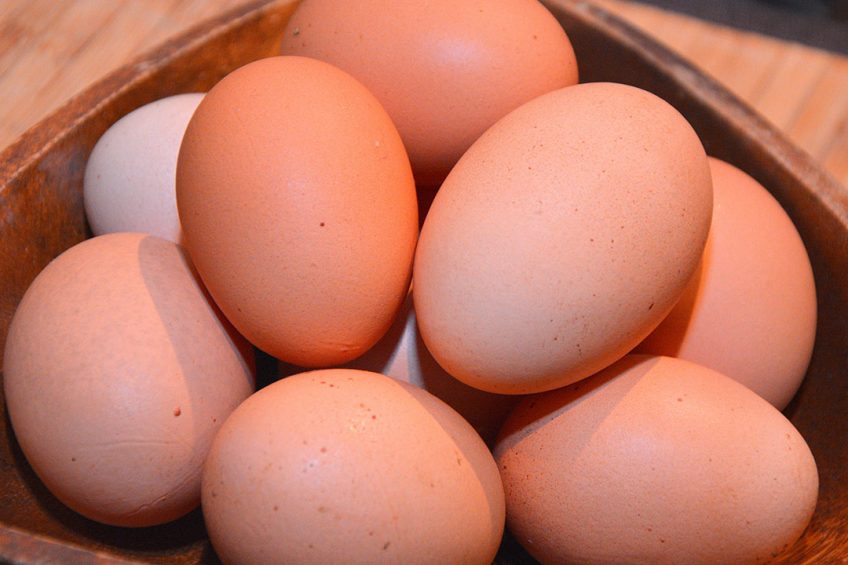Covid-19: Caution advised to free-range producers on sales

A surge in demand for eggs during the coronavirus pandemic has increased free-range egg sales at farm gates but producers have been advised to be careful.
The increased demand direct from the public to free-range egg producers has been driven in part by temporary reduced availability in shops.
Naturally, egg producers are concerned about the implications of increased public activity on their farms and want to make sure they stick to the regulations limiting the risk of spreading covid-19. With that in mind the British Free Range Egg Producers Association (BFREPA) has spoken to the government, the British Retail Consortium, Federation of Small Businesses and FARMA to ask for any specific guidance relating to the handling of eggs, packaging and cash from customers. All have advised that members should follow trusted sources of information, and the government has now set up a web page dedicated to food businesses.
It is very unlikely that you can catch coronavirus from food. Covid-19 is a respiratory illness. It is not known to be transmitted by exposure to food or food packaging.” – BFREPA
Follow coronavirus guidelines
BFREPA says its members are advised to familiarise themselves with the guidance, and have summarised the key points:
- Any food handler who is unwell should not be at work. If they have symptoms, they should follow government advice and stay at home.
- Use floor markings to facilitate compliance with the social distancing advice of 2 metres, both inside the food business and in the external public areas where customers may need to queue.
- Frequently clean and disinfect objects and surfaces that are touched regularly by staff or customers, using your standard cleaning products.
- Provide additional pop-up handwashing stations or facilities if possible, providing soap, water and hand sanitiser.
- Encourage the use of contactless payments where possible, without disadvantaging older or vulnerable customers.
- Consider delivery services and taking orders online or by telephone in advance.
Stay up-to-date with Covid-19 impact on poultry production
Hand sanitisers are not a substitute to hand washing
The association also recommends to help reduce the spread of coronavirus by reminding everyone of the government’s public health advice. Posters, leaflets and other materials are available online. Although it is very unlikely that coronavirus is transmitted through food, as a matter of good hygiene practice anyone handling food should wash their hands often with soap and water for at least 20 seconds. This should be done as a matter of routine, before and after handling food. Hand sanitiser gels can be used in addition to hand washing, but they only work on clean hands. They should never be used as a substitute to hand washing.
Risk of catching covid-19 from a package is low
The World Health Organization advises that the likelihood of an infected person contaminating commercial goods is low. The risk of catching the virus that causes Covid-19 from a package that has been moved, travelled, and exposed to different conditions and temperature is also very low. “While food packaging is not known to present a specific risk, efforts should be made to ensure it is cleaned and handled in line with usual food safety practices.”













